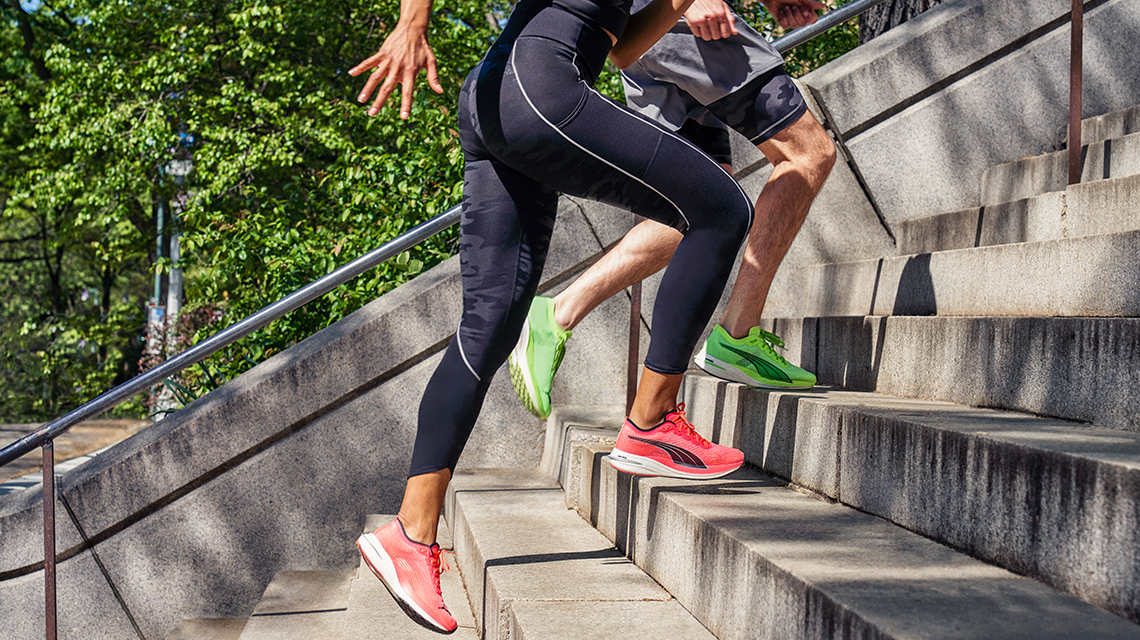
Move for
mental health
And reap the rewards of regular exercise
February 5, 2022And reap the rewards of regular exercise
February 5, 2022Did you know that one in four people worldwide suffer from mental health disorders? That’s a huge
number. And while medication and psychological support play their role in improving mental health, studies have shown that being physically active can have a significantly positive impact. Regular aerobic exercise such as walking, running, or swimming help to calm the nervous system through reducing the “fight or flight” response that is common in people who are stressed.
It was found that aerobic exercise also has a place in helping those with ADHD (Attention-Deficit Disorder) by increasing energy while reducing fatigue, feelings of confusion and depression. Meditative movements such as yoga or tai chi have been found to be useful for boosting mental health through shifting posture and focusing on breath, bodily sensations and position in space which all make positive changes in the brain. And regular exercise like cycling or gym-based strength, flexibility, balance or aerobic training can also reduce negative feelings associated with depression. In fact, studies suggest that exercise can be as effective as medication and psychotherapy for depression.
Considering that some sort of safe exercise is accessible to most of the world’s population, at little to no cost – this is exceptionally good news. Just reading the following list should get you motivated to start moving:
Benefits of movement for mental health
- Exercise helps to relieve stress and improve mood through the release of endorphins, the body’s
- natural happy hormone, which is shown to boost physical and mental wellbeing
- The same endorphins also help us to improve memory and focus.
- Regular aerobic activity helps to promote quality sleep and regulate sleep patterns.
- Exercising in a group boosts feelings of connection, self-worth and confidence whether that be online or face-to-face.
- Physical activity is shown to improve energy.
- Exercise helps to build resilience. As we overcome obstacles in physical training, it helps build mental fortitude and self-belief in other areas of our lives.
Move regularly.
In order to access the mental health benefits of movement it doesn’t have to be a gruelling treadmill session. Studies consistently mention that “regular” exercise is the key to finding mental health benefits through exercise, so whether that’s walking, dancing, weights or yoga, aim to include >20 minutes of movement at least 3 times per week, the more regular the better. But remember a little bit is better than nothing. If you struggle with mental health, some days are easier to get motivated than others. Do your best to surround yourself with a support network that helps you stay active on days when your energy and drive is low and choose activities you enjoy. Exercise can often make the most positive impact on the tough days.
Make it stick – build movement into your life.
Regular exercise becomes easier if it’s part of your daily routine. Walking 30 minutes to and from your bus stop daily or walking to collect the kids from school, for example, makes movement part of your everyday life. This may take some extra scheduling in the beginning however once the habit is built you may have 1-2 hours per day of incidental exercise which can offer a huge boost to your wellbeing.


